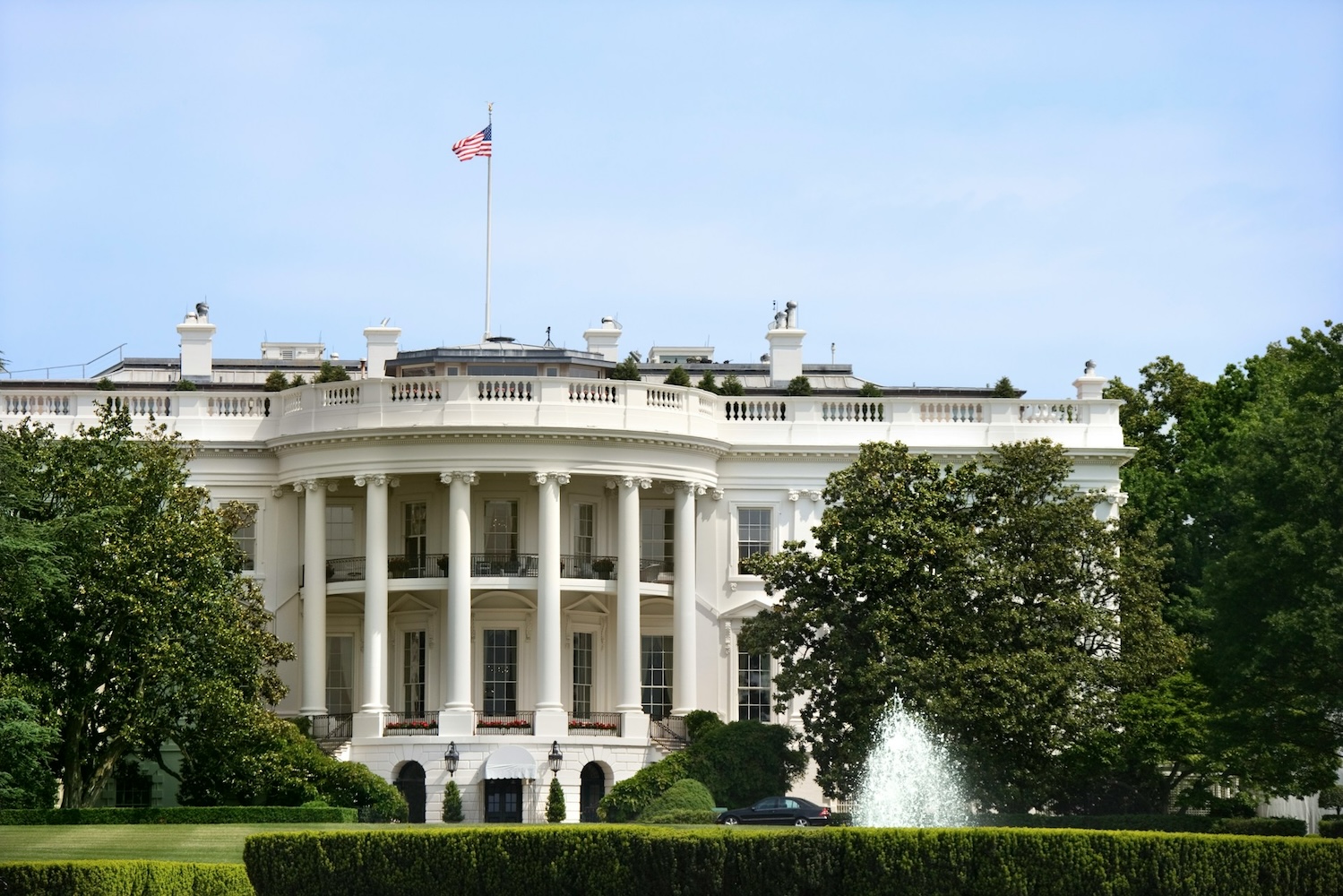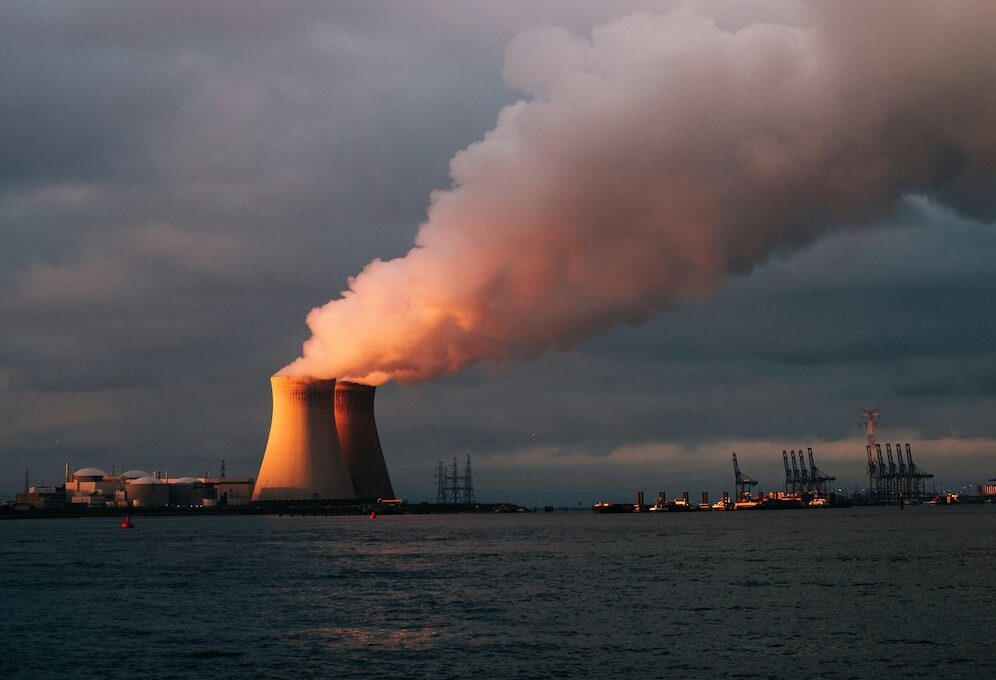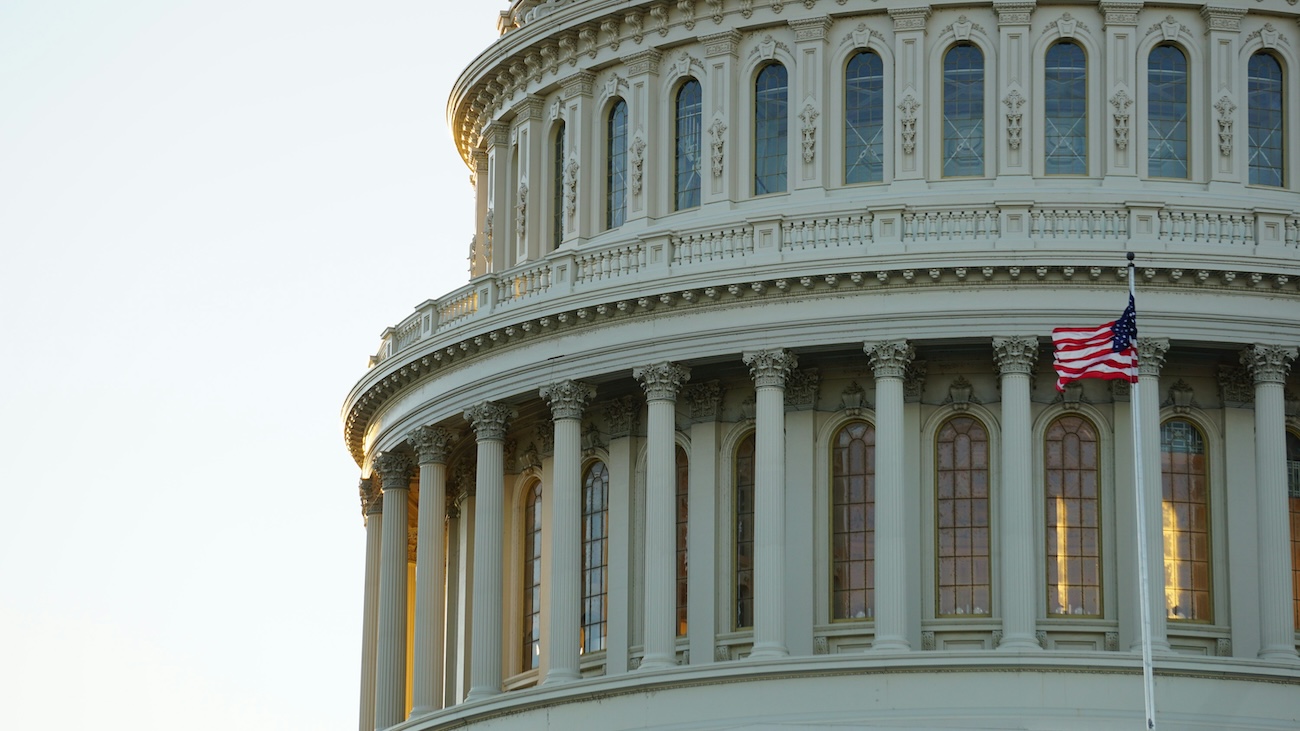Why Europe must rethink nuclear deployment at scale
Europe’s ambition to reach net zero by 2050 hinges on one unavoidable reality: the continent needs more clean, dispatchable, and secure electricity. Nuclear power is central to meeting this need — but only if we stop treating it as a special case or future option, and start embedding it within long-term infrastructure and industrial planning. […]
The Trump impact on nuclear energy: between ambition, acceleration, and controversy
President Donald Trump’s recent suite of executive orders marks a pivotal shift in U.S. nuclear energy policy, signalling an assertive effort to elevate nuclear power as a strategic pillar of national infrastructure, security, and economic growth. Trump impact on nuclear is reflected in the plan to quadruple capacity to 400 GW by 2050, positioning nuclear
Why global nuclear collaboration is the key to a clean energy future
From Europe to Africa and Asia to the Middle East, nuclear energy is once again at the forefront of global energy strategies. As nations double down on their climate commitments and race to secure stable, low-carbon power, interest in nuclear is growing rapidly. Yet, while national programs and proprietary technologies matter, one truth is becoming […
Nuclear energy in Spain: strategic implications of the phase-out decision
Spain’s 2019 agreement to completely phase out nuclear power by 2035 marks a pivotal moment for the nation’s energy security, economic stability, and decarbonization goals. This technical assessment delves into the complex implications of this decision, analyzing its impact within the broader context of global energy transitions. It aims to provi
Nuclear energy: a strategic pathway to national energy independence
Contextualising energy independence and energy security in the 21st century The concept of energy security and energy independence have evolved dramatically in the past two decades. Energy is no longer a mere economic consideration; it has transformed into a critical national security imperative. Geopolitical experts now recognise energy as a fundamental com
The impact of the Trump administration on American nuclear energy policy
The Trump administration’s approach to energy policy marks a pivotal moment in the development of the American nuclear industry, presenting unprecedented opportunities for innovation, market expansion, and global leadership. With a clear mandate to “drill, baby, drill,” the administration is poised not only to enhance traditional energy pro
Nuclear safety reimagined: a comprehensive analysis of technological innovations and historical lessons
The nuclear energy sector is at a pivotal juncture, balancing the demands of innovation, environmental sustainability, and public trust. Nuclear safety has emerged not just as a regulatory requirement but as a cornerstone of the industry’s progression.Over the years, advancements in safety protocols, technological breakthroughs, and lessons learned from pa
Nuclear energy: a critical pathway to America’s net zero ambitions
The global battle against climate change demands transformative energy solutions capable of balancing sustainability, reliability, and scalability. As nations worldwide strive to meet ambitious decarbonisation targets, the United States finds itself at a crossroads, requiring bold and innovative approaches to reduce greenhouse gas emissions while sustaining
Nuclear energy, a key player in meeting 2025 sustainable energy targets
As the world intensifies its efforts to combat climate change, the role of nuclear energy in achieving sustainable energy goals has come into sharper focus. With the global commitment to limit temperature rises to below 1.5°C, every energy source must contribute to reducing greenhouse gas emissions.While renewable energy sources like wind and solar are cruc
Small Modular Reactors: pioneering the future of nuclear energy for Net Zero goals
The global energy landscape is transforming as nations strive to enhance energy security and address the urgent challenges of climate change. In this context, Small Modular Reactors (SMRs) are emerging as a transformative technology within the nuclear industry, offering unique benefits in terms of scalability, safety, and environmental sustainability. In-dep











